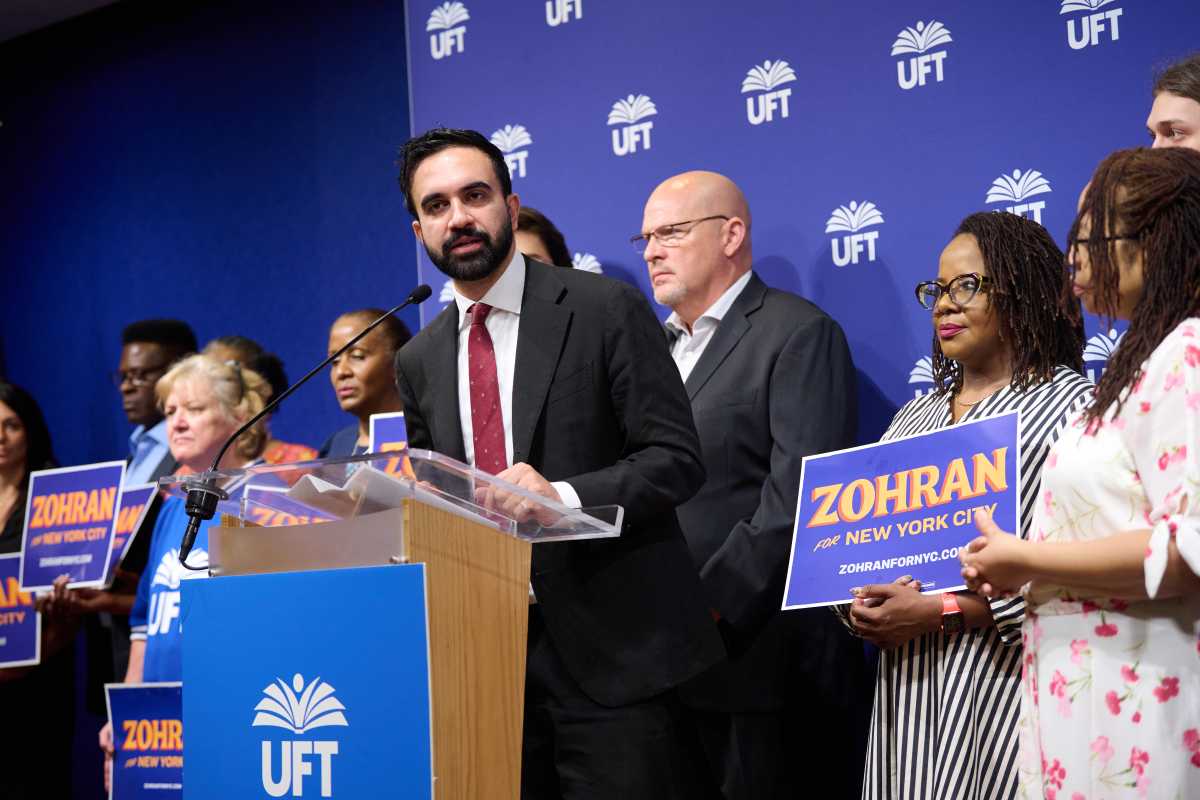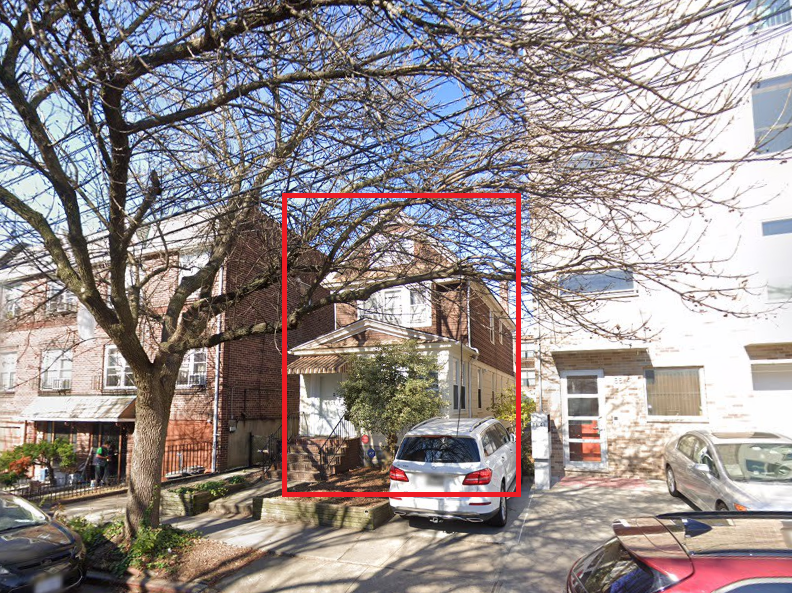For the Pryor family, the destruction of Hurricane Katrina in New Orleans lingers on.
“I’ve never felt less than a human being until I came to New York,” said 65-year-old Stan Pryor. “This is the worst city I’ve ever been in.”
After Hurricane Katrina displaced the Pryor family from their home in New Orleans in August 2005, they were bussed to New York, where they were placed at a Holiday Inn in Queens.
The Pryors said that the New York Administration for Children’s Services (ACS) placed their daughter into foster care because they saw their hotel room as inadequate for newborn care.
“The worst mistake was the ACS taking my baby away,” said Lisa Pryor, 43. “Even in the system, she suffered.”
Lisa Pryor suffers from epilepsy, plagued with what Stan described as “high-profile seizures.” She is also on disability for her condition.
Fantasha Pryor, 3, stayed in a hospital for two weeks, under intensive care for five days, after a mouse bit her at her foster home.
Afterward, she was returned to her family and a family court judge issued a court order in February 2007 to the ACS to help the Pryors find suitable permanent housing. The ACS Inspection Checklist document for their current home on Marsden Street in Jamaica listed the only item that needed repair as “loose surface materials.”
The Pryors moved into their new Queens home in March 2008.
However, on June 26, the Department of Buildings (DOB) ordered the Pryors to vacate their apartment, citing dangers such as exposed wires, no emergency exits and an open cesspool.
Stan Pryor noted that the illegally converted basement apartment already had these faults before the ACS approved the basement as suitable for habitation.
Pryor also said that after the family moved in, he spent about $2,000 to make repairs on holes in the wall, and to paint and tile the bathroom.
Councilmember Leroy Comrie, who represents the area, stressed Hurricane Katrina victims should be automatically eligible for public housing.
“This family deserves the ACS’s full attention to get placed in subsidized housing, here in New York City,” said Comrie. “They failed at every level and now they want to walk away from it.”
Despite action from elected officials including Councilmember Comrie, Congressmember Gregory Meeks and Public Advocate Betsy Gotbaum, ACS has said that it will not continue to pursue the Pryors’ case.
Comrie, meanwhile, said that ACS made “critical errors,” including failing to forward public housing approval documents to the Pryor family. He said the family missed the deadline for the public housing application because they never knew that they were eligible.
When asked for a response, an ACS spokesperson said that the agency has helped the Pryors by paying a portion of their rent, allotting a furniture allowance and helping them to apply for subsidized housing.
The Pryors have been receiving $300 from ACS for their $1,000 rent, and a child subsidy of $277 from the Department of Housing and Preservation.
“It is our goal to help families whenever possible to live safely with their children, and we are still offering to help the Pryors if possible,” read the ACS statement.
The ACS spokesperson declined to expand on how they would further assist the Pryors.
Stan Pryor said he has not worked since the DOB’s vacate order because his wife, Lisa, is scared to stay home alone. He said that he never went to school and that he learned his handiwork skills from his father.
“I lost everything, and you know what I lost the most here in New York City?” said Pryor. “My dignity, my respect.”
































